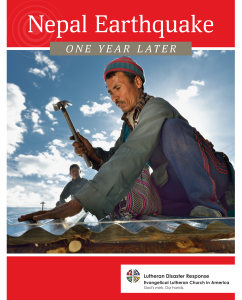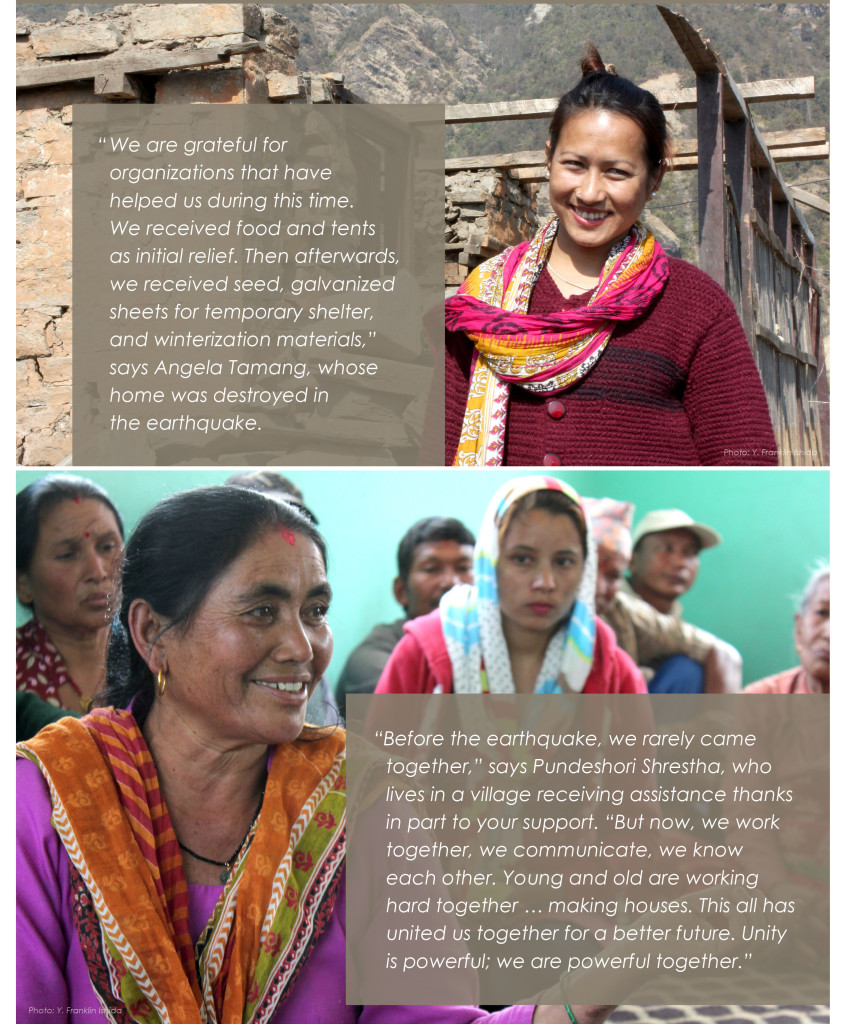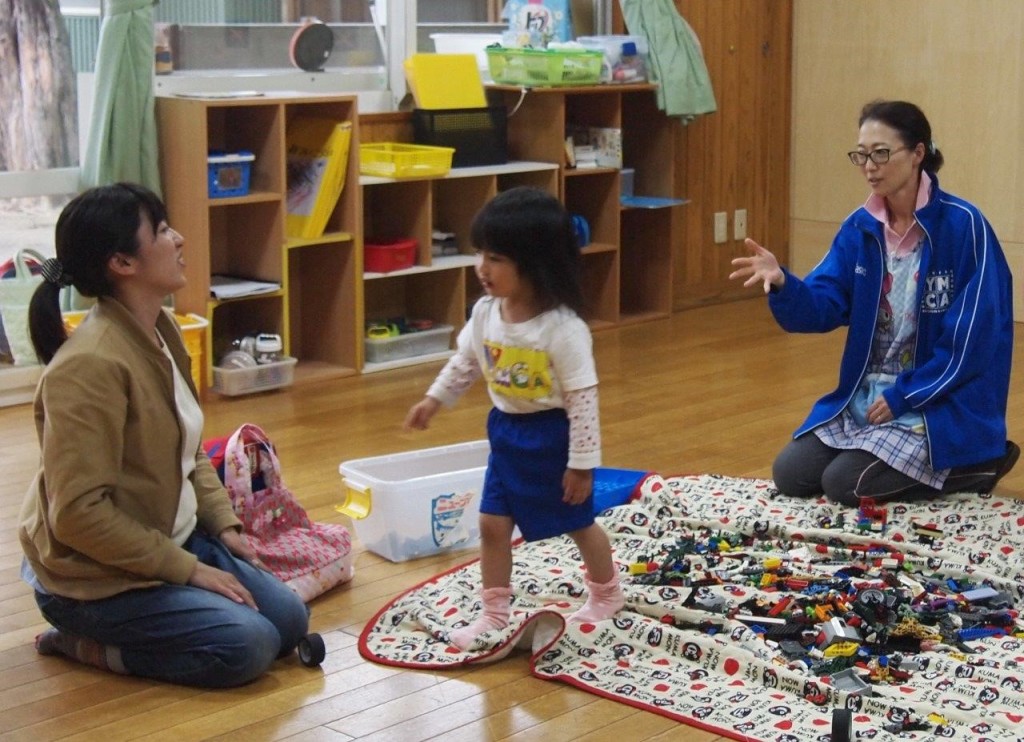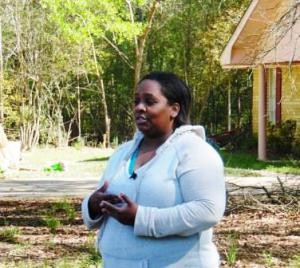 On April 25, 2015, around 11:55 a.m. local time, a 7.8-magnitude earthquake shook Nepal, with its epicenter approximately 43 miles from its capital city, Kathmandu. The earthquake was felt around the whole country, but the Kathmandu valley and western region of the country were hit hardest.
On April 25, 2015, around 11:55 a.m. local time, a 7.8-magnitude earthquake shook Nepal, with its epicenter approximately 43 miles from its capital city, Kathmandu. The earthquake was felt around the whole country, but the Kathmandu valley and western region of the country were hit hardest.
On May 12, 2015, just a little more than two weeks later, around 12:50 p.m. local time, another earthquake struck Nepal approximately 47 miles northeast of its capital, Kathmandu – an area already affected by the April 25 earthquake. The 7.3-magnitude earthquake, while still considered an aftershock of the previous quake, was followed by several strong aftershocks that continue to be felt in the region.
More than 8,460 people were killed and more than 480,000 homes damaged or destroyed. As a church, we have been and will continue to walk with our sisters and brothers of Nepal, responding to the needs of our neighbor.
Our Response:
Emergency Relief
Relief aid was provided to people within days of the first and second earthquakes. Immediate distribution of ready-to-eat food, blankets and hygiene kits were provided to households. Water filtration units and personal care kits were also a priority in the beginning stages of recovery.
Agriculture and Development
Many families were poor before the disaster, but the earthquakes have tipped some into absolute poverty. Cash-for-work programs have been initiated for debris cleanup and water maintenance. Small grants and training for self-help groups are being organized. Training in agriculture, livestock support and income generation is taking place in rural areas.  Because much of the land was disrupted by the earthquake, support has been given to farmers with seed distribution, irrigation projects and soil management. Ten mini tractors have also been supplied.
Because much of the land was disrupted by the earthquake, support has been given to farmers with seed distribution, irrigation projects and soil management. Ten mini tractors have also been supplied.
Shelter
The earthquakes destroyed or damaged more than 500,000 homes. The timing of the earthquakes meant that reconstruction of housing, a most pressing need, could not take place before the annual monsoon season. Emergency shelter kits were distributed and people constructed temporary shelters. Now, people are ready to reconstruct their homes and want to learn how to make them earthquake resistant. Masons are being taught earthquake resistant techniques, technical support is being given and grants for reconstruction are being distributed. By working together, we will build back better.
Health and Education
The Shanti Nepal primary health clinic provided emergency medical treatment after the earthquakes. Although the clinic is in need
of improvements, it is meeting some initial health care needs in communities. Support is being provided with repairs, training and equipment. Rebuilding and repairing is also taking place at Elim Kids Academy, a Christian school that the ELCA helps support by providing scholarships and teacher training programs. Temporary learning centers have been set up in areas until the government is able to rebuild schools.
Looking Ahead:
Lutheran Disaster Response is committed to helping communities in Nepal be resilient to future disasters. This will happen through education and capacity building, income generating trainings and activities, progressive farming techniques and methods, access to and reconstruction of safe and secure permanent housing, and uplifting gender justice, human dignity and advocacy.
As a church, we are often present where others are not – reaching out to the “least of these.” In response and recovery efforts to the Nepal earthquakes, special attention has been given to people living with disabilities, ethnic minorities, women and children.
Your gifts made it possible for our church to respond – bringing help, hope and healing to our Nepal neighbors. But they still need your help. By working together, we can do far more than we ever could alone.
Be a part of the response:
Pray
Continue to pray for the people affected by the earthquakes, especially as they work to rebuild their homes and lives. Pray for staff that will work alongside survivors in communities affected.
Give
Your gifts are still needed. Gifts designated for the “Nepal Area Earthquake” will be used in full (100 percent) to assist those directly impacted until the response is complete. Gifts from people like you allow us to continue to serve those in need.
Connect
To learn more about the situation and the ELCA’s response:
- Share this resource and bulletin insert with your congregation to inform and encourage support.
- Sign up to receive Lutheran Disaster Response alerts.
- Check the Lutheran Disaster Response blog.
- Like Lutheran Disaster Response on Facebook and follow @ELCALDR on Twitter.








